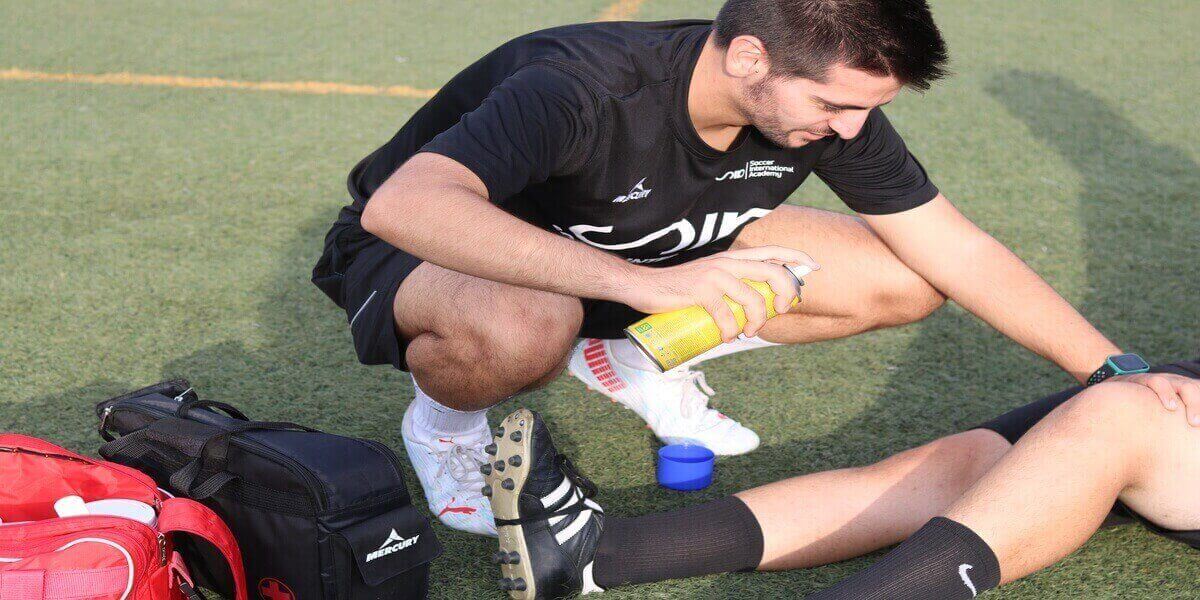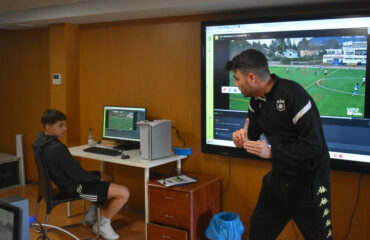What is the importance of sports physiotherapy?
Physiotherapy is the set of techniques, mainly associated with movement, which are used for the rehabilitation or therapy of people with injuries, dysfunctions, or losses caused by trauma, degeneration, etc. The role it plays nowadays is fundamental, not only in sportsmen and women, but also in any person with an injury or bodily dysfunction.

In this case, sports physiotherapy plays a basic role in the rehabilitation of football players, but that is only the best known part of the functions it has to offer. In addition to this, physiotherapy, and therefore the physiotherapist (together with the physical trainer and coaching staff), must work to prevent possible injuries, and act as an educator on hygienic and healthy habits for the football player.

Rehabilitation of injuries
This part of physiotherapy, in this case sports physiotherapy, is the most famous and recognised all over the world. In this part, injuries to the tissues that the footballer has suffered during a match, a training session or in everyday life are treated.
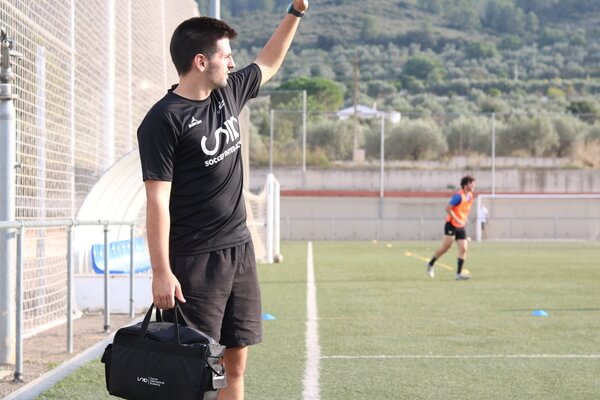
For this, different physiotherapeutic techniques are used, such as unloading massage, dry needling, different apparatus to provide heat or electricity, etc. Basically, the aim is to fully recover and rehabilitate the injured tissue or tissues, and to try to do so in the shortest period of time possible.

In addition, during the match, the role of the sports physiotherapist in a football team is to attend to the player when he has a mishap during the game. To do this, they will have to jump onto the pitch if the situation requires it and/or attend to them once they have been substituted by a team-mate.
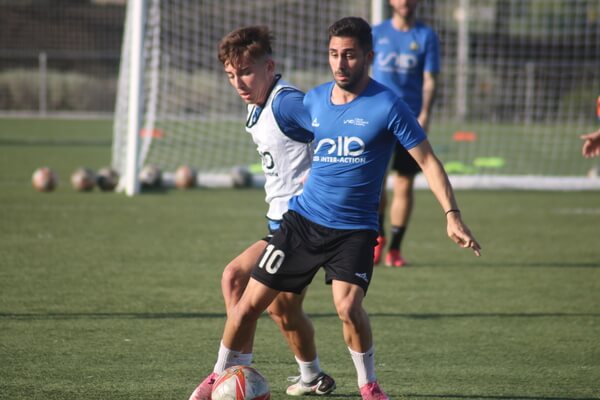
It is very important in these situations to maintain the integrity of the player, and to avoid certain movements or positions that could endanger the injured part of the player, for example, it is important not to rest a leg after a knee or ankle injury.

Avoiding possible injuries
One of the most important functions of the physiotherapist in the football team is the follow-up of all players, but especially of those who come to him for any discomfort or ailment. In addition to their treatment, specific tasks or a specific load must be prepared for each player who needs it.
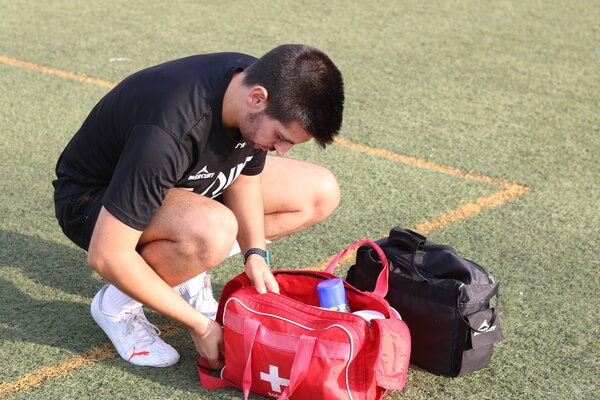
It is also the task of the physiotherapist, together with the physical trainer, to decide whether the player who comes with an ailment or discomfort will continue to train normally, or will have to wait a few days, during which he will work with both of them to get him ready, and above all to return to the next training session or match with the least possible chance of injury.

This part is especially important in players who have had long-term injuries, in case they feel discomfort in the area of their injury, as it is vital to avoid a recurrence or relapse during their recovery process.
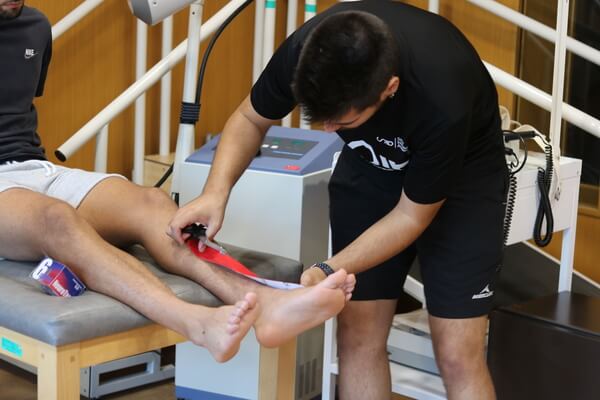
Educating the footballer about his habits
In this part, we will try to advise the player on what is best for him at each moment of the exercise: before, during and after; and not only the what, but also the why. It is not enough to advise them on a specific routine or exercise, it will have much more effect if they understand why they are working in that way, and what they are working towards.
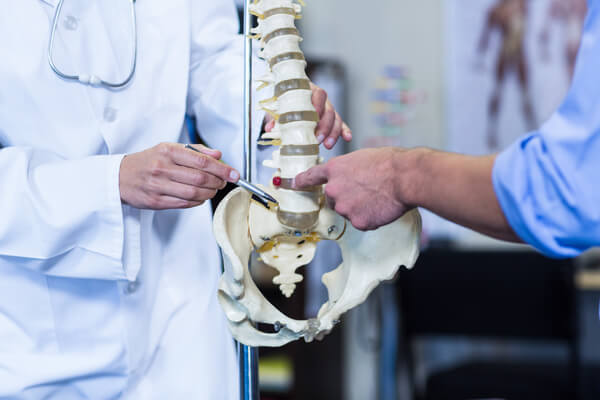
This will help so that the next time he has this or a similar problem, the player will know first hand what to do and why, avoiding wrong and possibly harmful behaviour.
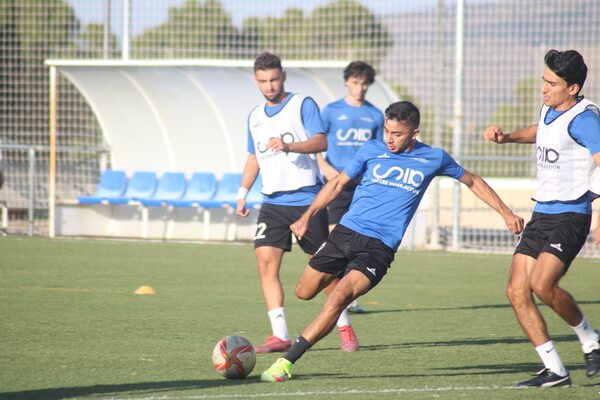
Sacrifices to become a professional footballer
The goal of many players is to become a professional one day, and to be able to make a living from football. To do this, you not only have to have talent, play for the best team in your city, in the best age group, or in the national team of your community or country, but you also have to learn to take care of your body.
That is why habits are so important: a professional athlete needs many hours of dedication, training, a good diet… But he also needs good rest, in quantity and quality, certain routines for the day to day, and not to lose sight of his main objective: to try to be a professional, he has to work for it every day.
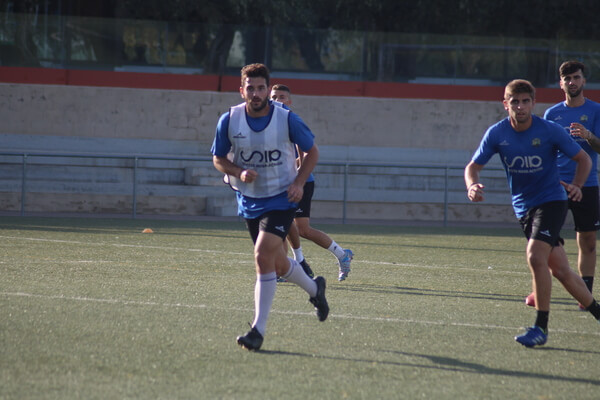
Conclusions
For these three functions, and for everything else in which the physiotherapist can help the players on a daily basis, I consider that football improves with physiotherapy, not only for the rehabilitation of injuries, but for everything else that the role of physiotherapist can contribute on and off the pitch.



